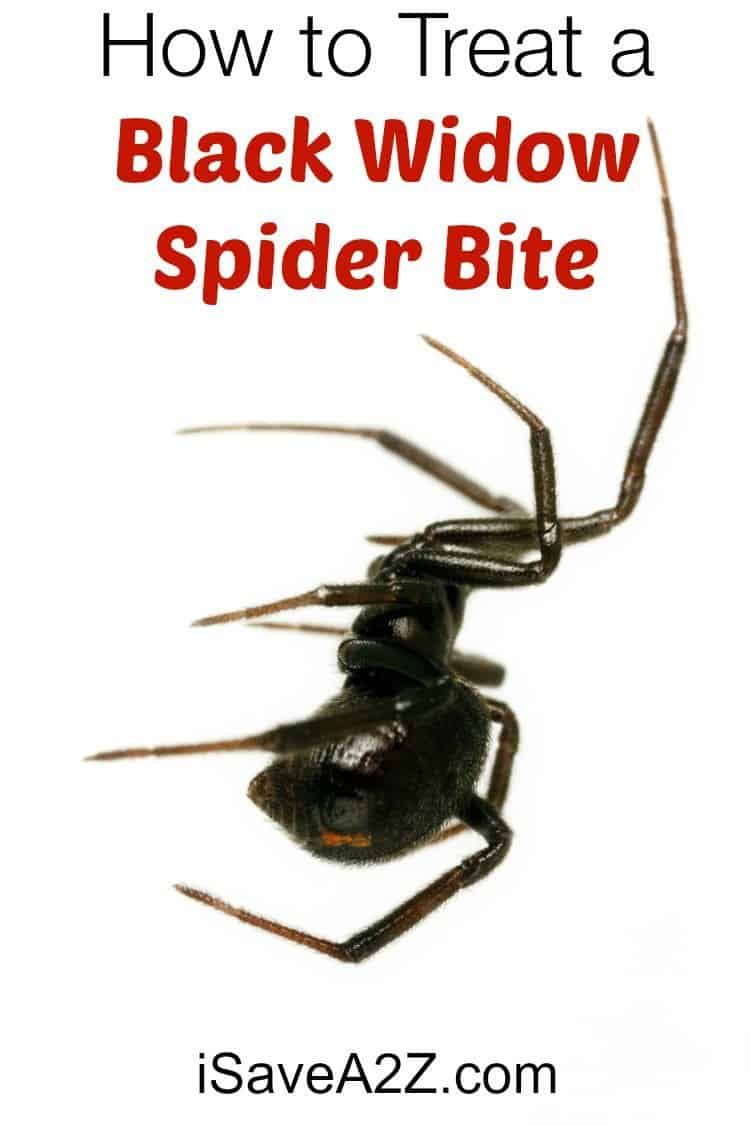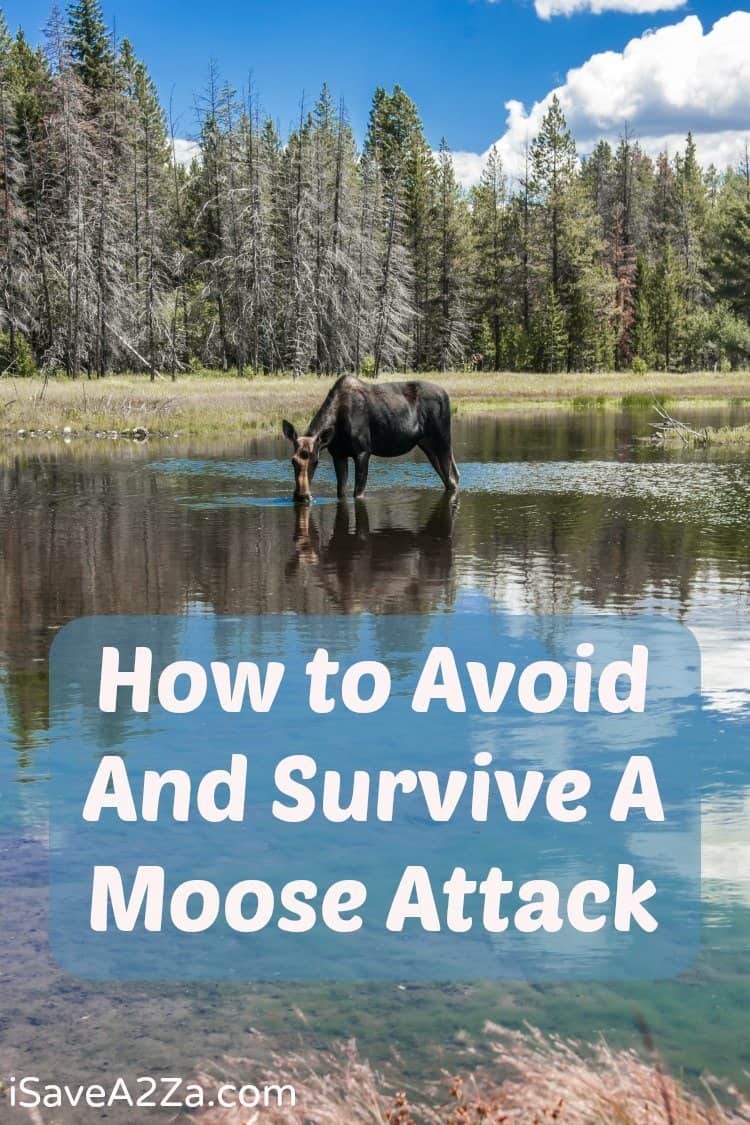How to Treat a Black Widow Spider Bite
How to Treat a Black Widow Spider Bite
The black widow spider is found throughout the majority of the United States and is one of the few spider bites that can cause complications. In fact, black widow venom is considered to be comparative to the venom from a rattlesnake bite….the only difference is that a tiny spider is not going to be nearly as powerful as the copious amounts a large rattler can deliver. Still, a black widow spider bite can be rather serious in some cases. Here are some tips for how to treat a black widow spider bite should one occur:
The first thing you should do is not panic. The vast majority of black widow spider bites are uncomfortable, but not nearly as serious as the movies would have you believe. Black widow spider bites can be extremely serious and even fatal, but that is exceedingly rare. This is generally with people who are highly susceptible to the venom, are advanced in age, are extremely young or that have a compromised immune system. Most healthy people will have some symptoms but recover in short order.
That said, you should still treat this bite as an emergency. A person with extreme symptoms such as trouble breathing or shock should be taken to the emergency room quickly. Otherwise, contact your doctor and ask what they wish you to do. Most will send you to the emergency room or their office if they are open, depending on your symptoms.
If you happen to see the spider that bites you and can kill or capture it safely, do so. Do not be stupid and risk getting bitten again. Use a tall jar that you can scoop the spider into without coming near the spider itself. Killing it is fine if you need to, but this often makes identification tough. The doctors need to know the exact species of spider for the right antivenin to be administered with confidence.
The best thing you can do is to apply ice to the bite site as soon as possible to slow the swelling and treat pain.
Symptoms generally don’t show up immediately other than itching, swelling and possibly pain from the bite. The bite may become red. Symptoms that come on over the course of the first two hours may include nausea, vomiting, anxious thoughts, blood pressure problems, breathing difficulties, weakness or fatigue and headaches. Some people will experience severe cramping in the abdomen area and intense, powerful pain.
These symptoms will improve with antivenin treatment at the hospital in most cases. Doctors and nurses will clean the wound and possibly administer a tetanus shot if you have not had one in a certain period of time. Severe symptoms are treated as an inpatient and antivenin is only used in the most serious of bites. Most never even need it.
Although the vast majority of black widow spider bites are not a major problem. Because of the potential for danger, however, you must treat them as serious. Always contact a medical professional and have someone to advise you after a bite at a minimum.
If you’re looking for some more survival tips, check out this ultimate survival guide! Keep yourself save too, and get ready an emergency plan for your family!








